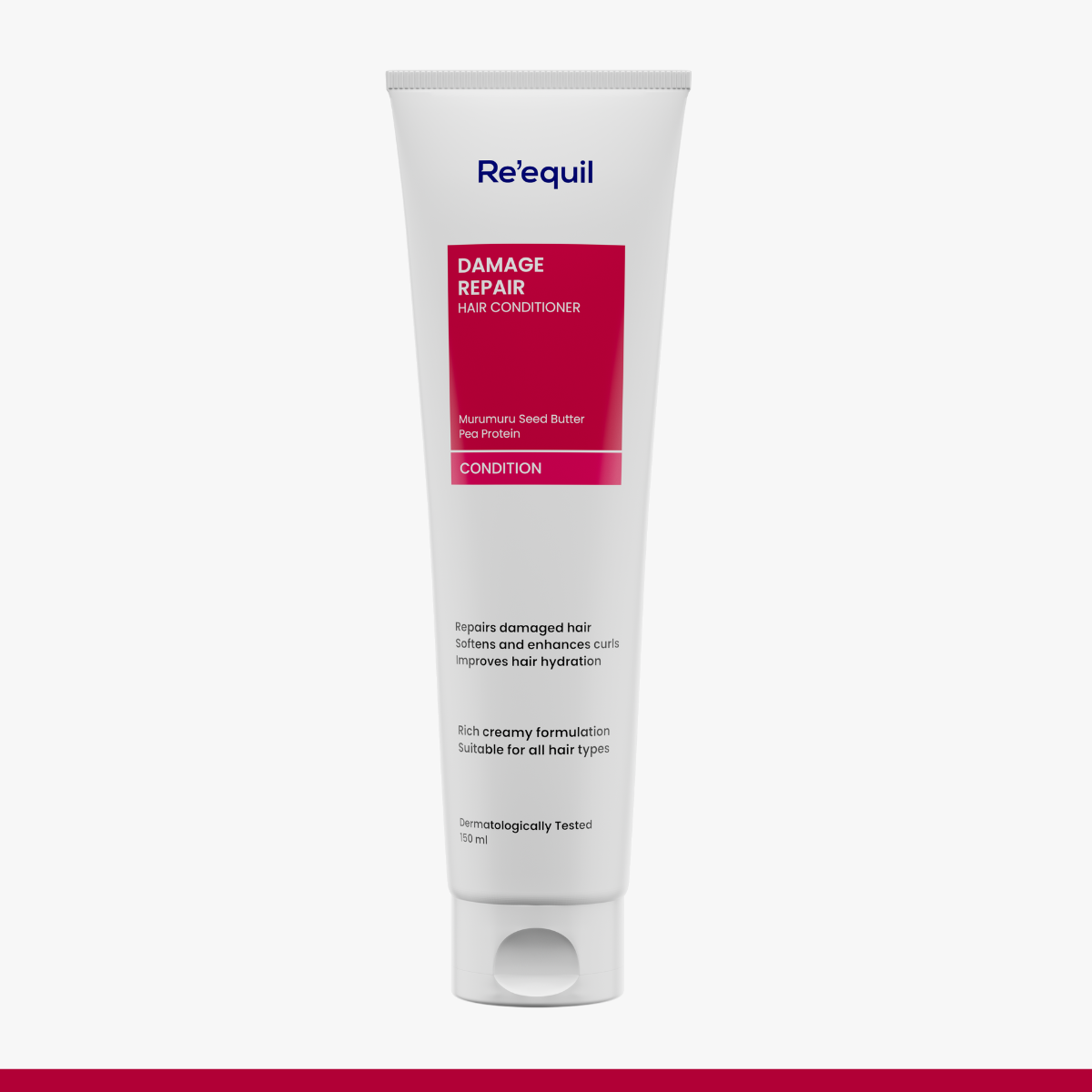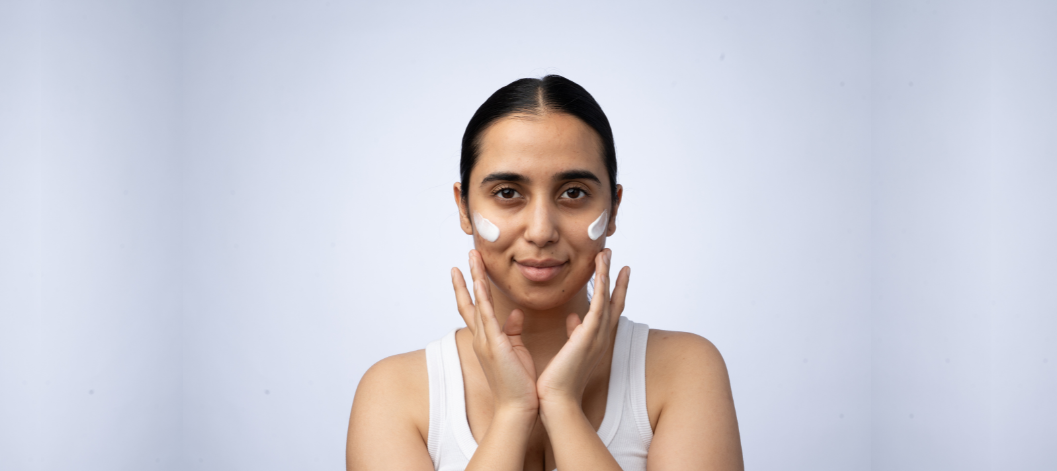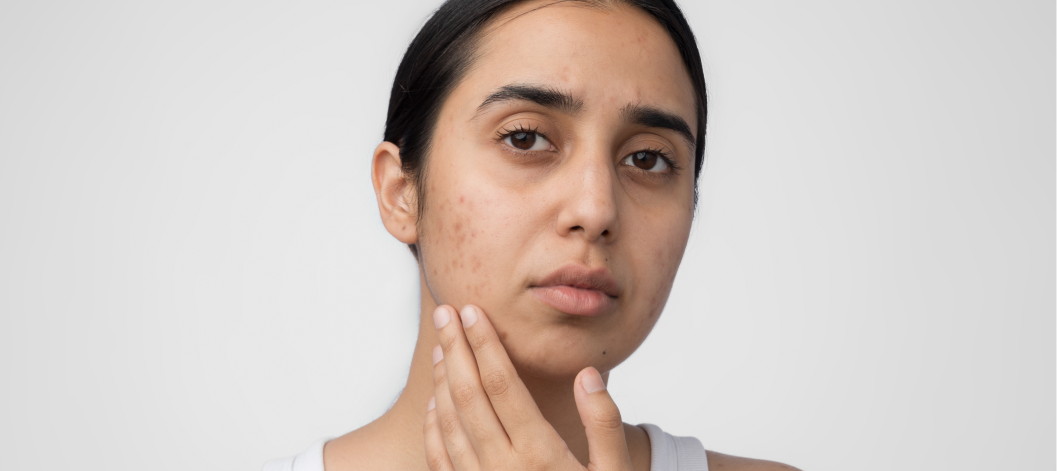Dandruff and acne are two of the most common skin conditions.
But did you know there might be a connection between them?
If you have ever wondered, “Can dandruff cause acne?” You are not alone.
This question often arises when people notice breakouts on their forehead or back, areas where dandruff flakes tend to fall.
In this article, we will explore whether dandruff can actually lead to acne, why it happens and what you can do to manage both conditions effectively.
Understanding dandruff and acne
Before diving into whether dandruff can cause acne, it is important to understand what each condition is and how it develops.
Dandruff
It is a condition characterized by flaky skin on the scalp.
It can be caused by several factors, including dryness, sensitivity to hair care products, or a common skin condition known as seborrheic dermatitis.
It is linked to an overgrowth of a yeast-like fungus called Malassezia, which feeds on oils from the scalp.
Acne
Occurs when hair follicles become clogged with oil, dead skin cells and bacteria.
This clogging can lead to blackheads, whiteheads, pimples or
cysts.
Acne is most commonly associated with hormonal changes, which is why it is
prevalent during puberty, but it can affect people of all ages.
Can dandruff cause acne?
The short answer?
Yes.
Dandruff can contribute to acne, especially in certain areas of the body.
When dandruff flakes fall from the scalp onto the skin, they can mix with the skin’s natural oils and other debris, potentially clogging pores.
This is particularly likely in areas like the forehead, where dandruff flakes can accumulate along the hairline, or on the back, where flakes may fall from the scalp onto the skin.
Clogged pores are a primary cause of acne, so it is easy to see how dandruff might indirectly lead to breakouts.
But dandruff is not the only cause,
Acne can also be triggered due to the lack of skin hydration.
When the skin dries out, the sebaceous glands beneath it start overproducing sebum oil, the body’s natural response to dryness.
This excess oil, combined with dead skin cells, can clog pores and trigger acne breakouts.
So, it is important to note that dandruff is not the sole cause of acne.
Acne is a complex condition influenced by many factors, including hormones, genetics and skin type.
Dandruff might exacerbate acne in some cases, but managing dandruff alone may not completely resolve acne issues.
Can Dandruff Cause Acne on the Back?
Acne on the back, also known as “bacne” can be particularly frustrating to deal with.
If you have dandruff, you might notice your back acne getting worse over time. This happens because dandruff flakes can fall onto your back, especially if you have long hair.
When dandruff flakes mix with sweat and oils, they can clog pores, leading to acne breakouts on the back.
Acne on the back can also be due to -
- Wearing tight clothing that traps sweat and oil against your skin can make things worse.
- Not washing your back thoroughly after exercise can also contribute to the problem.
To manage back acne related to dandruff, it is important to keep your scalp and back clean and to use appropriate hair and skin care products.
Is forehead acne linked to dandruff?
The forehead is another area where dandruff-related acne commonly occurs.
Dandruff flakes can fall from your hairline onto your forehead, especially if you have bangs. These flakes can clog pores and cause breakouts.
If you are experiencing acne primarily on your forehead, it is worth considering whether dandruff might be a contributing factor.
Addressing dandruff with the right shampoo or treatment could help reduce forehead acne.
Do hormonal changes lead to acne and dandruff?
While dandruff can contribute to acne, it is also important to consider other factors, such as hormones.
Hormonal changes can trigger both acne and dandruff, particularly during puberty, menstruation, pregnancy or periods of high stress.
These hormonal fluctuations can increase oil production in both the skin and scalp, creating a perfect environment for both acne and dandruff to thrive.
What are the effective ways to get rid of acne caused by dandruff?
If you suspect that dandruff is contributing to your acne, there are several steps you can take to manage both conditions:
1. Opt for a shampoo with active ingredients
Anti-dandruff shampoos with ingredients like Nasturtium Officinale, Piroctone Olamine, and Arctium Majus Root Extract offer a robust solution for scalp health.
These ingredients work together to cleanse, detoxify, and soothe the scalp, effectively reducing dandruff, flaking, and irritation for a balanced, dandruff-free environment.
2. Incorporate hair serum or lotion with nutraceuticals
Enriched with essential oils like tea tree oil and aloe vera extract, such lotions help soothe an itchy scalp, reduce inflammation and promote a healthier scalp environment.
Active ingredients such as zinc pyrithione, and piroctone olamine, are clinically tested in controlling dandruff and impart antifungal and antibacterial properties.
It is an essential add-on to any hair care routine for those seeking long-term relief from dandruff.
3. Add a face wash enriched with bioactive agents into your skincare routine
Opt for a face wash enriched with active compounds like Zinc PCA and Cocamidopropyl Betaine, which help regulate sebum production, prevent over dryness, and maintain the skin’s natural moisture balance.
These ingredients also soothe irritation, reduce redness, and support a clearer, healthier complexion.
Essentials precautions to prevent dandruff-related acne
1. Use a gentle cleanser for your skin and hair
Use a gentle cleanser especially in areas where you notice breakouts. Avoid harsh scrubs, which can irritate the skin and worsen acne.
To soothe acne breakouts, seek out non-comedogenic and paraben free cleansers.
2. Avoid touching your face
Try not to touch your face or forehead throughout the day, as this can transfer oils and dandruff flakes to your skin.
3. Wear loose clothing
Opt for loose-fitting clothing that allows your skin to breathe, especially during exercise. This can help reduce sweat buildup and the risk of clogged pores.
4. Consider Non-Comedogenic products
Use non-comedogenic (won’t clog pores) skincare and haircare products to minimize the risk of breakouts.
Let’s wrap up
While dandruff itself can contribute to acne by clogging pores with flakes and excess oils, addressing the root cause with targeted ingredients can help prevent both conditions.
By using specialized and targeted skincare products, you not only combat dandruff but also reduce the risk of dandruff-related acne, promoting clearer skin and a balanced scalp.
Regular use of these products, combined with a good skincare routine, can significantly improve both your scalp and skin health.
Understanding the link between dandruff and acne is the first step toward clearer, healthier skin.
















